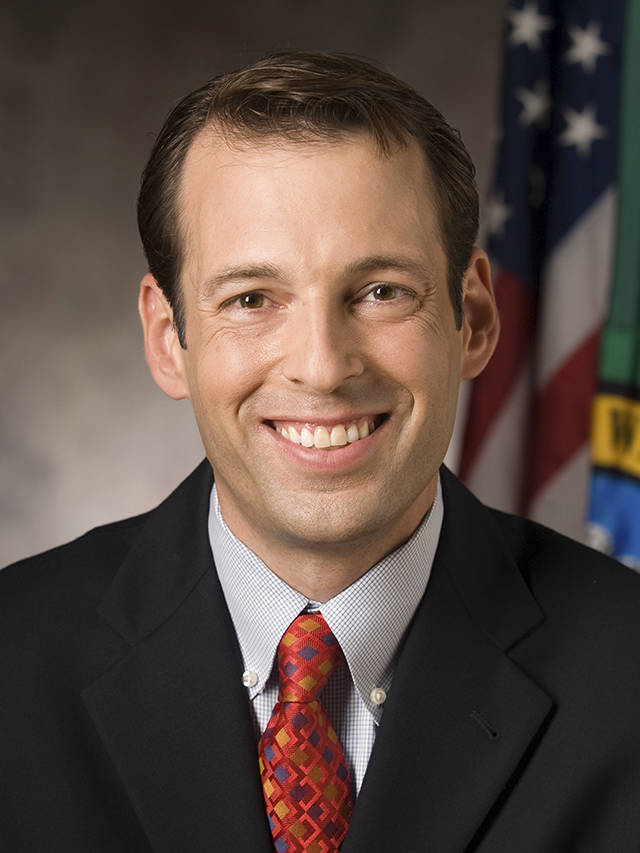A proposed Senate bill and its companion in the House could provide Washington citizens greater transparency on elections across the state.
Senate Bill 5991 calls for the creation of the Washington State DISCLOSE Act — “democracy is strengthened by casting light on spending in elections” — to shine a light on nonprofit organizations’ largest donors. The bill has received the support of 27 senators from both sides of the aisle, and passed committee Friday morning.
SB 5991 would force nonprofits to file a statement with the Public Disclosure Commission if the organization spent at least $10,000 on political campaigns in a calendar year.
Sen. Andy Billig, D-Spokane, the bill’s primary sponsor, said the proposed law close legal that allow political contributors to remain hidden.
“The DISCLOSE Act, is about bringing dark money into the light,” Billig said. “The public has a right to know and to be informed about the source of funds that are influencing our elections.”
The senator used as an example Stand for Children, an organization that has a political committee and a nonprofit wing. Billig said donors can make contributions to the nonprofit side, which can then funnel money to the political committee without disclosing who the donors are.
Kathy Sakahara of the League of Women Voters of Washington said such transactions are loopholes in the system, and were never meant to be allowed under current laws.
“It feels a little bit like sometimes we’re down here playing whack-a-mole,” Sakahara said. “People find new ways to get around the intent of the law by still complying with the letter of the law.”
Sakahara also said the point is not just to let citizens know who donors are, but is about showing them that their public servants care about transparency.
But Paul Guppy, the Washington Policy Center’s vice president for research, said the bill would target every nonprofit organization in the state and would discourage private donations. Guppy said that free speech is not a loophole and private donors should not be subjected to public harassment because they want to donate to a cause.
American Civil Liberties Union of Washington Legislative Director Elisabeth Smith said her organization refuses to support the bill because it chills political activity. Smith said a larger problem is that people would get lumped in with causes they might not even support.
Smith said the ACLU’s largest donors might support the organization for various reasons, but if the ACLU uses resources to support a specific cause, those donors’ names would be revealed even if they were opposed to that cause.
But Cindy Black, executive director of Fix Democracy First, said this bill is an important step to inspiring confidence in a public jaded by modern politics.
“Transparency is one of the few things that we still can do,” she said. “Disclosure is one way to help curb some of the corruption.”
This report was produced by the Olympia bureau of the Washington Newspaper Publishers Association.



